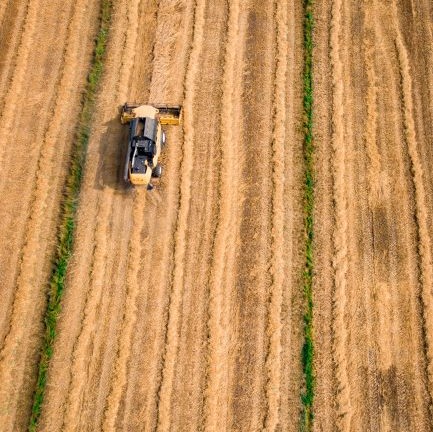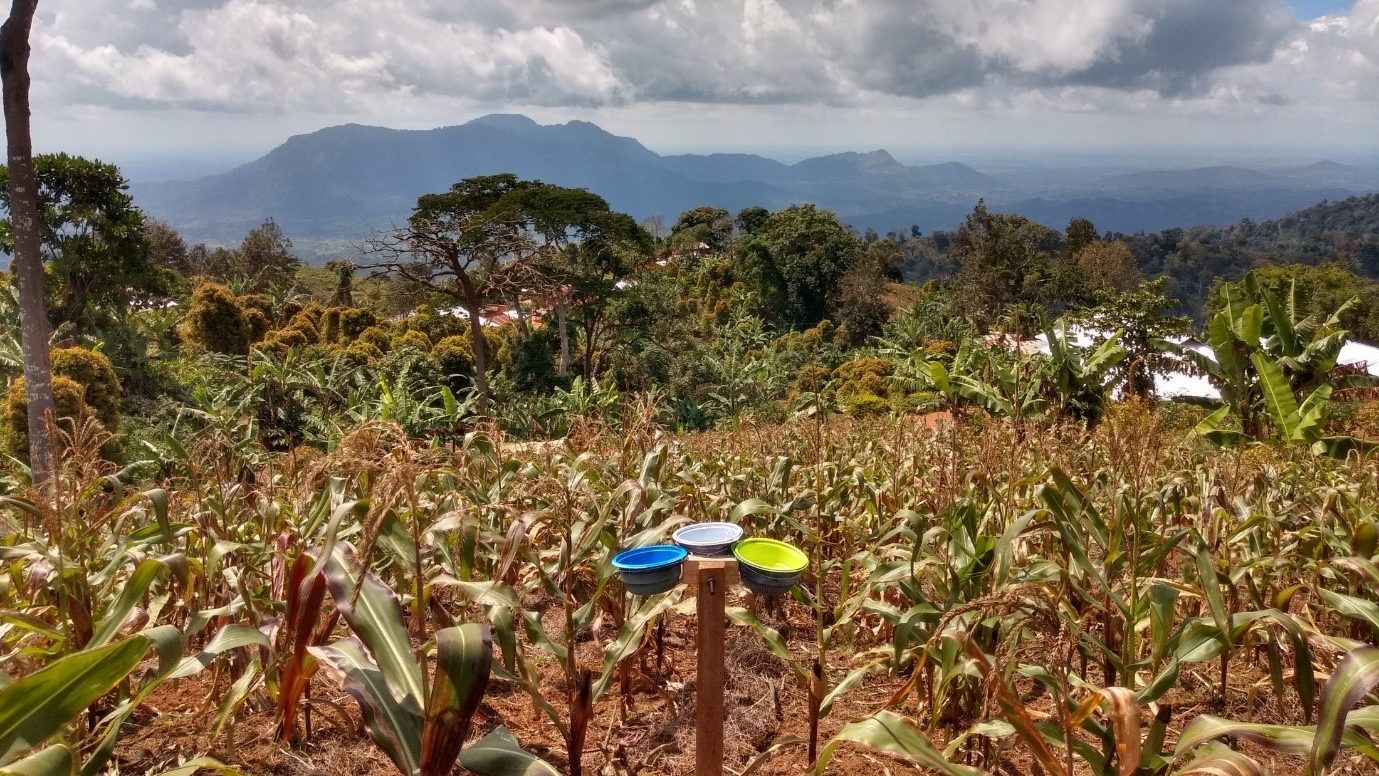Through cross-disciplinary research involving academic, policy and industry partners in the UK and Africa, we built a comprehensive picture of present day agriculture and food systems in Malawi, South Africa, Tanzania and Zambia.
By drawing together existing knowledge of the opportunities and challenges for climate-smart agriculture, and the broader policy and institutional environments at play, our research outcomes provide a basis for envisioning and evaluating possible futures for agriculture and food systems.
Through partnerships with in-country stakeholders, our interdisciplinary research is being used as evidence to inform and influence policy development at sub-national and national levels, helping countries build resilience to future climate change while working towards food and nutrition security for all.
This collaborative research also incorporated training and capacity building amongst UK and African scholars.
Research Areas
We are co-developing and carrying out research that incorporates agronomy, climate science, ecology, social science, political science, plant science, and food science and nutrition. Examples of research areas include:
- Analysing the impact of conservation agriculture practices on soil and crop health in Malawi
- Evaluating the skill of climate models in simulating observed climates, and tailoring seasonal weather forecasts to agricultural decision making
- Assessing key drivers and determinants of food loss and aflatoxins and evaluating impact on nutrition and health
- Evaluating the climate resilience of seed systems and exploring ways to incorporate climate model information within crop breeding
- Exploring the opportunities and costs associated with crop diversification and oil seeds production and processing in Zambia
- Analysing land management and agricultural landscape structure on vulnerability to crop pests and disease
- Evaluating processes of farm-level innovation in the context of agricultural development programmes
Research Project Outlines
- Climate Science
- Farm size effects on production, distribution and dynamics
- Smallholder and commercial agricultural management processes and interactions
- Root system architecture and rhizosphere interactions for client-smart agriculture in Malawi and Tanzania
- Improving Preparedness to Agro-Climatic Extremes in Malawi (IPACE-Malawi)
- Assessing Key Drivers and Determinants of Food Loss and Aflatoxins and Evaluating Impact on Nutrition and Health in Africa
- Crop Breeding and Seed Systems for Climate Change Adaptation in Zambia and South Africa
- Evaluation of CA Interventions in Maize-based systems of central and southern Malawi
Theme Lead – Dr Stephen Whitfield, University of Leeds
Spotlight
New video: iFEED Champions & Researchers on why it’s valuable and timely
The integrated Future Estimator for Emissions and Diets (iFEED) is a key output of the AFRICAP programme. It provides integrated evidence to shape policies towards climate smart nutrition security in Malawi, South Africa, Tanzania and Zambia. As well as looking at future…
Continue Reading New video: iFEED Champions & Researchers on why it’s valuable and timely
An app to help African farmers defeat crop pests
A new app has been launched today by an international team of scientists to support farmers across Africa to use innovative, environmentally-friendly techniques for evading crop pests. African smallholder farmers face major challenges from insect pests such as fall armyworm, and weeds…
Continue Reading An app to help African farmers defeat crop pests
Can trade help Africa achieve nutrition security in 2050?
Ensuring people have the right amounts and the right kinds of food to support healthy lifestyles is a growing challenge across Africa. Richard King explores the role of trade in achieving nutrition security in Africa’s future food systems through iFEED results in…
Continue Reading Can trade help Africa achieve nutrition security in 2050?
Biodiversity, crop yields and climate change: Webinar recap, recording and slides
Climate risks pose unprecedented threats to agricultural food production. While farmers cope by making adjustments to farm management practices and by adopting new Climate-Smart Agriculture (CSA) practices, resulting transformations in agricultural landscapes are likely to affect agricultural biodiversity, food system sustainability and…
Continue Reading Biodiversity, crop yields and climate change: Webinar recap, recording and slides
Work Packages
- WP1: Climate Smart Food Systems (CSFS) Policy Evaluation and Evidence based Enhancement and Trialling in Malawi, South Africa, Tanzania and Zambia
- WP2: Evaluation of CA Interventions in Maize-based systems of central and southern Malawi
- WP3: Characterising and Evaluating models of climate-smart agriculture and food system (CSAFS) innovation and intervention in Tanzania
- WP4: Assessing key drivers and determinants of food loss, aflatoxins, and impact on nutrition and health in Africa
- WP5: Crop Breeding and Seed Systems for Climate Change Adaptation in Zambia and South Africa
- WP6: Ecological and economic flows between commercial and smallholder agriculture in South Africa
- WP7: Root system architecture and rhizosphere interactions for climate-smart agriculture in Malawi and Tanzania
- WP8: Climate Science for AFRICAP



